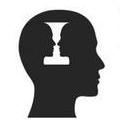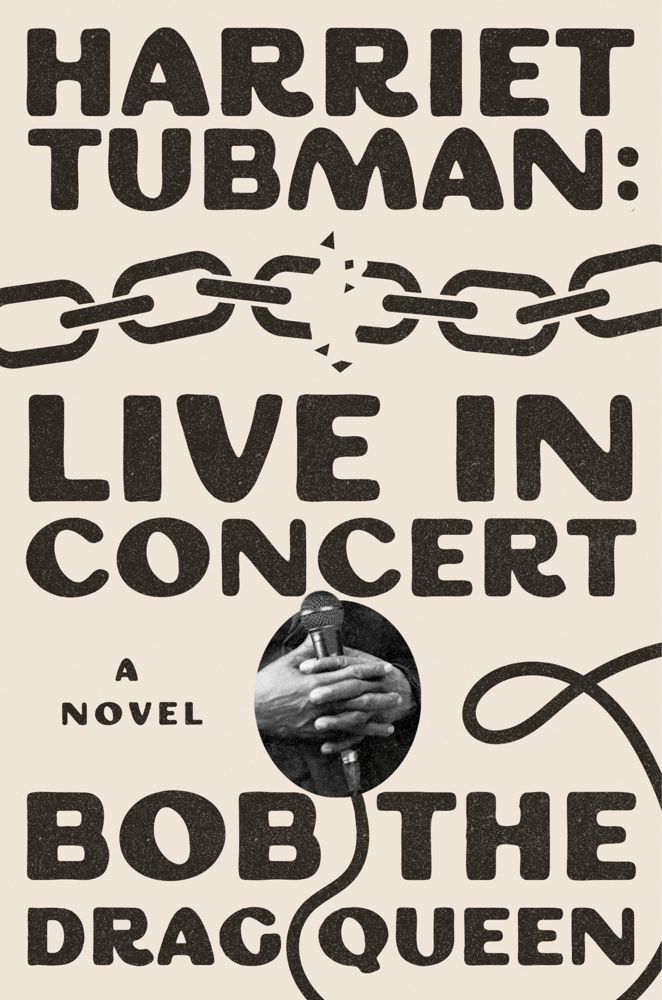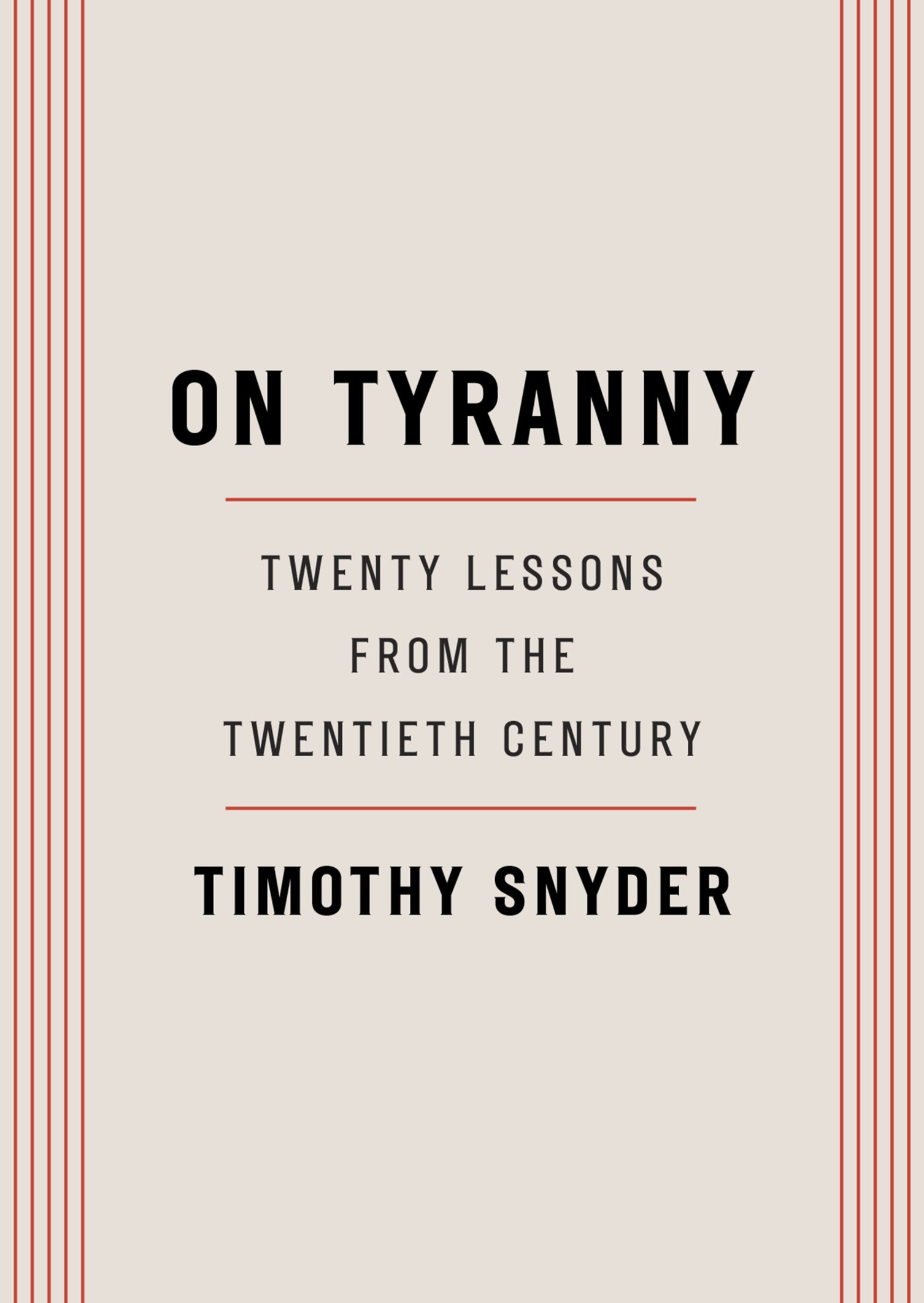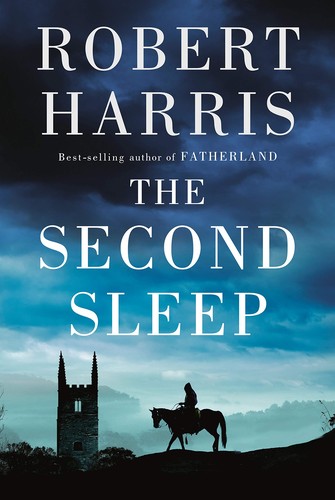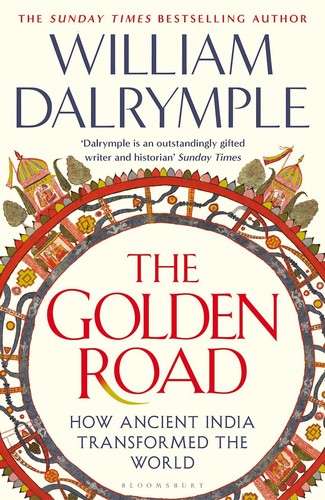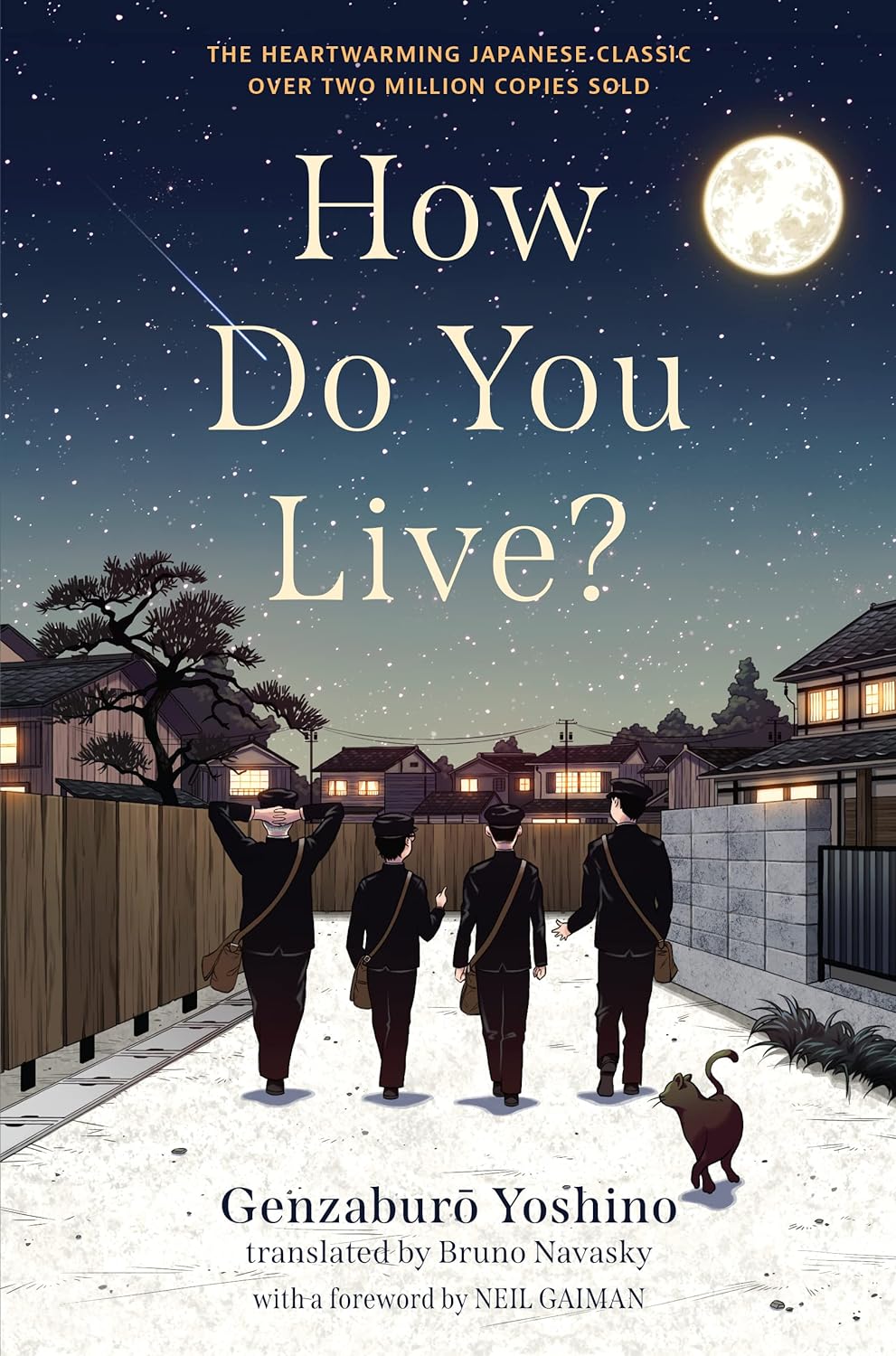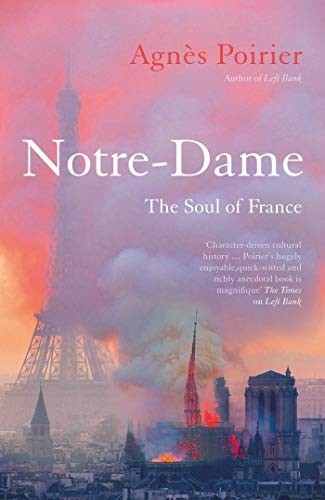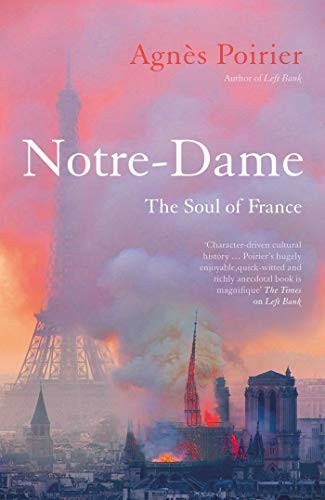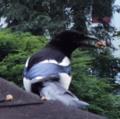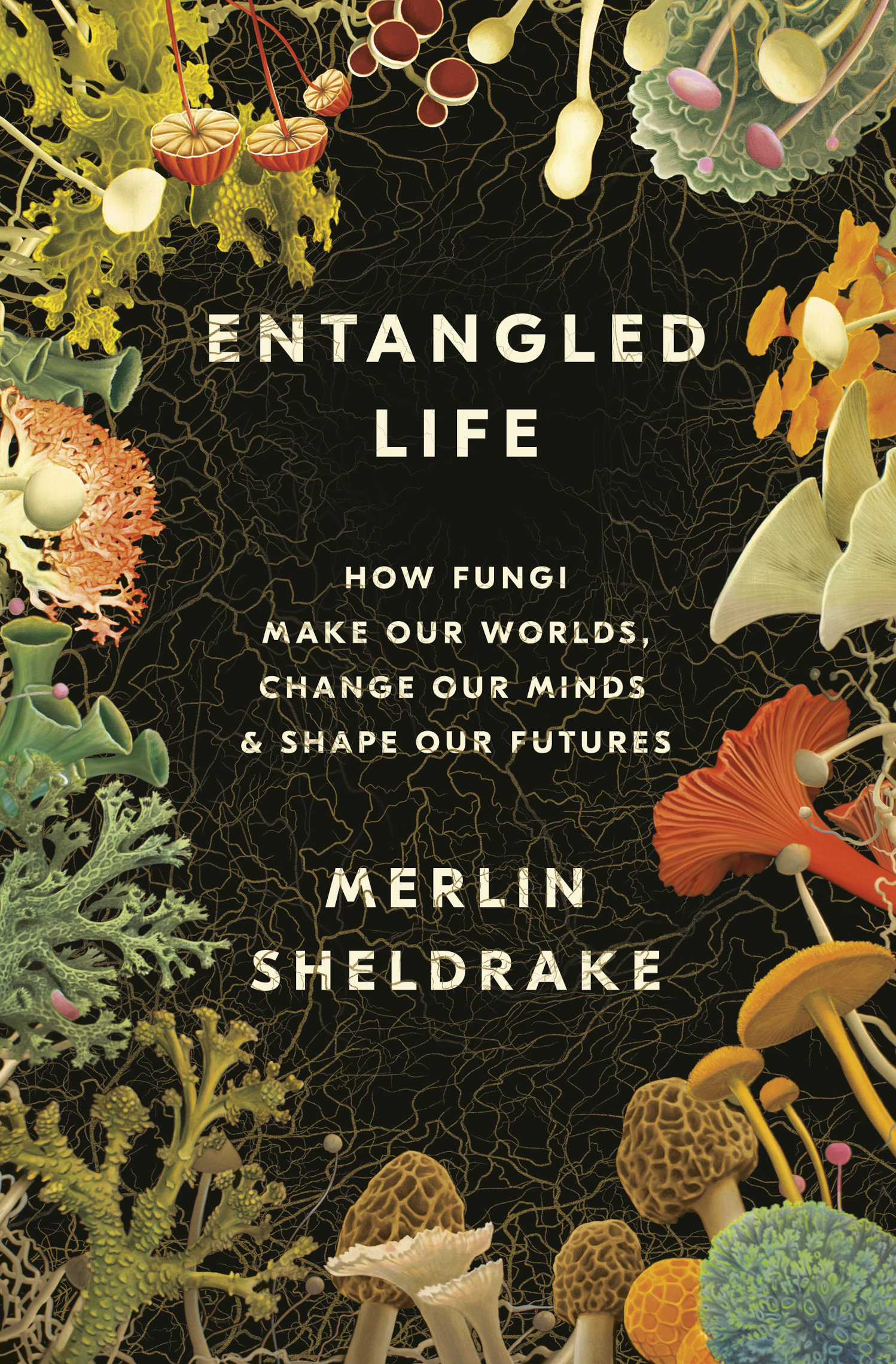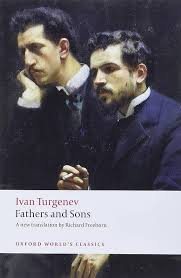Fathers and Sons by Turgenev (Richard Freeborn translation) is an interesting character study of Bazarov, a self-proclaimed nihilist in the backdrop of the ideological differences between the “fathers” and “sons”. The “fathers” and “sons” in the title refer to the two different generations of the liberals and the nihilists, respectively. The ideological differences between the two generations, as depicted through the clash between Bazarov and Pavel, constitutes one of the major themes of the novel. It also looks at the inevitability of the generational gap between the sons (Bazarov and Arkady) and their respective fathers, and the futility of trying to reject emotions.
The book is short and has a very simple plot. It opens with Nikolai Petrovich awaiting his son Arkady's return from university, whom he receives accompanied by his friend, Bazarov who aspires to be a country doctor. It soon becomes clear that both youngsters subscribe to the philosophy of nihilism, in which Arkady considers himself to be Bazarov’s “pupil”. According to them “nihilist” is: “‘He is a nihilist,’ repeated Arkady.
‘A nihilist,’ said Nikolai Petrovich. ‘That’s from the Latin nihil, nothing, so far as I can judge. Therefore, the word denotes a man who … who doesn’t recognize anything?’
‘Say, rather, who doesn’t respect anything,’ added Pavel Petrovich and once more busied himself with the butter. ‘Who approaches everything from a critical point of view,’ remarked Arkady.....nihilist is a man who doesn’t acknowledge any authorities, who doesn’t accept a single principle on faith, no matter how much that principle may be surrounded by respect.’" Frequent clashes ensue, especially between Bazarov and Arkady’s uncle, Pavel Petrovich, who finds Bazarov’s rejection of principles absolutely loathsome. Their exchanges regarding their philosophical differences were quite interesting to read. I especially found one of their exchanges, in which Bazarov was forced into a corner, quite thought-provoking:
""I see,’ interrupted Pavel Petrovich, ‘I see. Meaning you’re convinced of all this and have decided for yourselves not to do anything serious about anything.’
‘And we’ve decided not to do anything about anything,’ Bazarov repeated sombrely.
He had suddenly grown annoyed with himself for having talked so much in front of this lordly gentleman.
‘And just swear at everything?’
‘And swear at everything.’
‘And that’s called nihilism?’
‘And that’s called nihilism,’ "
Bazarov rejects any form of emotions, art and philosophy as “romanticism” and hence just nonsense. Strangely, someone supposedly accepting only cold hard facts had this to say about science: "I’ve already told you that I don’t believe in anything. And what’s this thing called science, science in general? There are sciences as there are trades and vocations. But science in general doesn’t exist at all.’" About love and romance: “.... And what’s all this about the mysterious relationships between a man and a woman? We physiologists know all about these relationships. Just you study the anatomy of the eye—where’s all this enigmatic look, as you call it, come from? It’s all romanticism, nonsense, rubbish, artiness…” In this quarter, he is brought to his knees by Anna Sargeevna Odintsova, whom they first meet at a ball. Odintsova is a beautiful, self-possessed, intelligent woman, previously acquainted with Arkady’s parents, that Bazarov ends up falling in love with. According to Bazarov, "If you like a woman’, he was fond of saying, ‘then try and get what you can. If you can’t, well, no matter, give her up—there are plenty of fish in the sea.’ but then, “....he found he hadn’t the strength to ‘give her up’. His blood was set on fire as soon as he thought about her." He felt disgusted to recognise such romantic feelings in himself. In my opinion, Bazarov is just a very young man gifted with intelligence but afflicted with extreme intellectual arrogance. The characters of both Bazarov and Odintsova are quite well-drawn. Arkady initially comes across as Bazarov’s sidekick, looking up to and almost blindly following his teacher's philosophy. However, as the story progresses, he starts to think for himself. He also starts to see Bazarov’s self-conceit more clearly and moreover why he likes to keep Arkady around: "‘Look, mate, I see you’re still bloody silly. We need Sitnikovs. I—know what I mean?—I need such cretins. It’s not for the Gods, in fact, to bake the pots!’
Aha! thought Arkady—and it was only at this moment that the entire limitless depth of Bazarov’s conceit was revealed to him—So you and I are the Gods, are we? That’s to say, you’re the God and maybe I’m the cretin?"
One of the things I really liked about this book was how beautifully the father-son relationship from the father’s POV was depicted, in the case of Nikolai Petrovich and Arkady. This was Nikolai contemplating the generational gap he was observing between him and his son: "For the first time he was clearly aware of the rift between him and his son. He had a foreboding that with each passing day it would become greater and greater. It turned out that he’d spent days on end one winter in St Petersburg reading away at the latest works of fiction all for nothing; all for nothing had he listened to the conversations of the young men; all for nothing had he been overjoyed when he’d succeeded in inserting his own word into their bubbling talk…..He walked to and fro a great deal, almost to the point of exhaustion, but the sense of peril within him, a kind of searching, indefinite, melancholy disquiet, would not lessen. Oh, how Bazarov would have laughed at him if he’d known what was going on inside him at that moment! Arkady himself would have condemned him. Tears, pointless tears were forming in his eyes, in the eyes of a man of forty-four, an agronomist and landowner—and that was a hundred times worse than playing the cello!"
On the whole, this was a quick and pleasant read featuring interesting characters. My only gripe was not getting to read the internal monologues of characters in typical POV style because of which they felt more distant.
#books #bookreview #russianliterature #turgenev #fathersandsons
